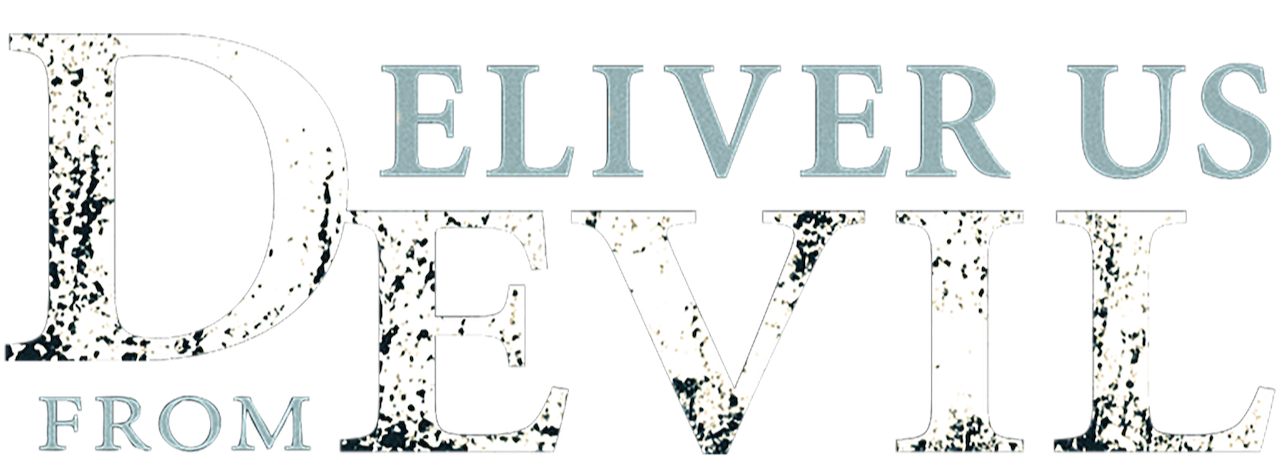Religion is killing us. That’s a harsh statement, and many of our minds will leap to defend the good things that come from religion. Certainly, our definition of religion will make a difference, and in my previous book, The End of Religion, my upcoming book, (re)union, and later on this blog, I have the chance to clarify that. But for now, consider this: Sometimes slowly, and sometimes with fast and furious violence, religion is killing us.
At times religion kills through imperceptible strangulation, suffocating us in our sleep. Traditions that have lost their meaning, rituals that have lost their relevance, and rules that have lost their love—all contribute to the numbing of our souls. Until finally, we just . . . can’t . . . breathe.
At other times religion literally explodes in the name of the love of God—a “love” that ignores Jesus’ teaching that the best way to love God is by loving all people, who are all made in God’s image. This kind of violent religion may pay lip service to honoring Jesus as a prophet—as Messiah, even—but refuses to follow his mandate that it would be better to die for the love of God than to kill for it. After all, Jesus was the king whose crown was made of thorns and whose throne was a cross. His kingdom advances by the same kind of self-sacrificing love, including love for our enemies.
Religion is especially destructive when it lays hold of political power to support its own agenda. When religion wields the might of political power, and thereby legislative and military power, to accomplish its ends, truth and love suffer together.
But none of this should be surprising, since religion killed Christ. It was the religious leaders of Jesus’ day who called for his arrest and eventual crucifixion. They just couldn’t tolerate his good-news message that the God of Abraham, Isaac, and Jacob—the God of you and me and everyone—was coming to us through Jesus to offer humanity direct access to the divine. God’s gift of salvation by grace, received by simple faith, put a lot of holy men performing holy rituals in holy places out of a job. So, for this and other reasons, the religious leaders turned to the political powers to get rid of Jesus. This unholy alliance of religion and politics always wreaks havoc by building a society on the myth of all myths: that this universe is run by coercive power rather than humble love.
Yet, love is the ultimate power, and love will ultimately have the last word. This is the biblical narrative surrounding the life and death and life again of Jesus of Nazareth. Jesus preached a religion-less love, marked by the end of animal sacrifices, as well as the end of many religious rituals and regulations that divide people into “us” and “them.” Then, by killing Christ, the religious powers unwittingly participated in the end of religion. Through his crucifixion—the very crucifixion demanded by the religious leaders of his day—Jesus became the last sacrifice and the end of the old covenant, the old ways of doing things. And this, we discover, was God’s plan all along.
But religion continues all around the world, doesn’t it? Yet it no longer has God’s participation and approval. The show is over and God has left the building. The good news of Jesus is that God is now calling us all into a new covenant, a new way of relating to God and one another. Jesus is God’s invitation into union with himself, and that message is for every seeker, saint, and sinner.
Now, we are still left with the question – what about the actual word “religion”? Can’t we use it to refer to our faith in Jesus and the good, relational rituals that result? That’s a good question, and we’ll talk about it in our next post.




